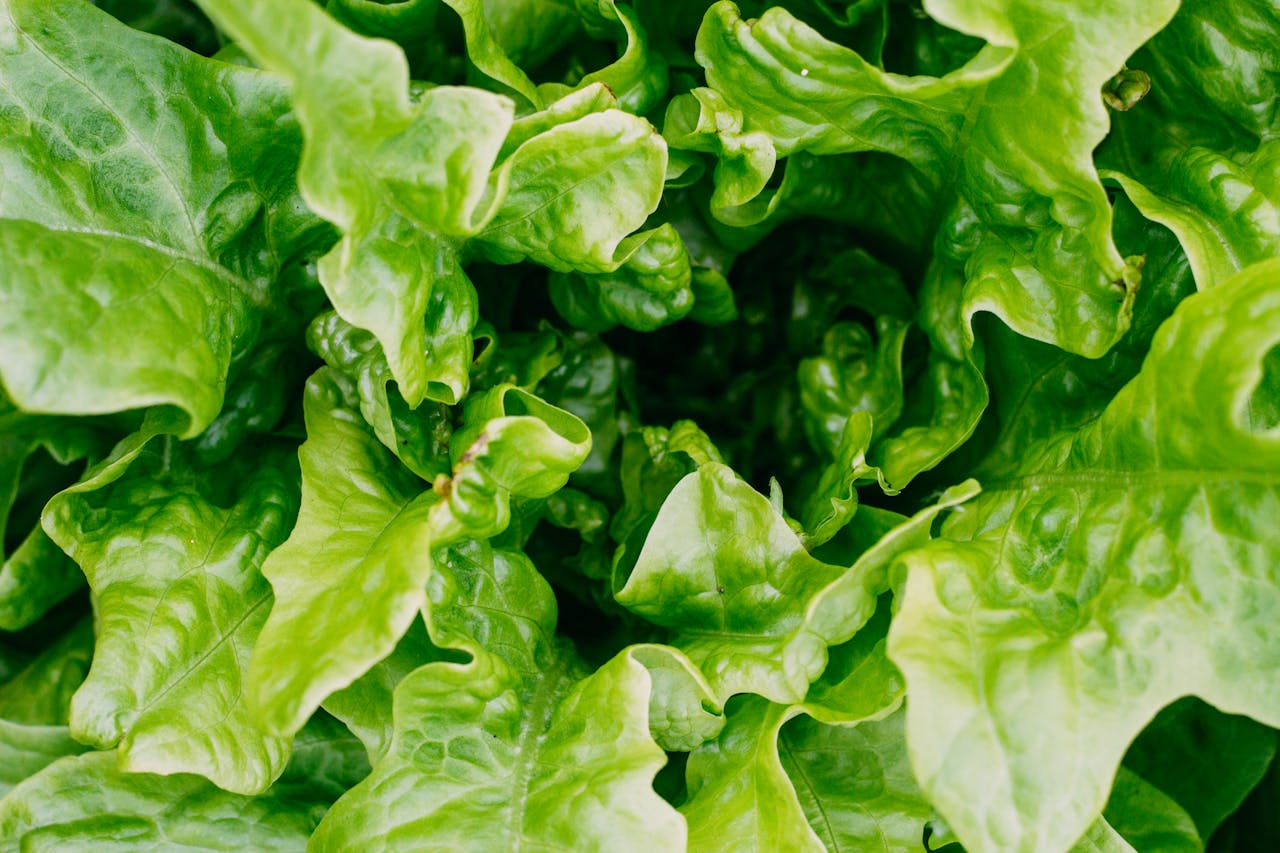Navigating a diagnosis of kidney disease can feel overwhelming, especially when it comes to dietary changes. For years, conventional wisdom has focused on severe restrictions, making meals a source of stress rather than nourishment. But a new paradigm is emerging, one that centers on the power of plants. If you're looking to take control of your kidney health through nutrition, a plant-based diet for kidney disease course could be the transformative resource you need.
This isn't about simply eliminating foods; it’s about a complete lifestyle shift. A well-designed course provides a structured, evidence-based approach to plant-based eating that is specifically tailored for individuals with chronic kidney disease (CKD). It teaches you how to embrace a vibrant, delicious, and kidney-friendly diet without feeling deprived.
Why a Plant-Based Diet is a Game-Changer for Kidney Health
For too long, the primary concern with a plant-based diet for kidney disease has been its perceived high potassium and phosphorus content. However, emerging research and clinical practice are challenging this outdated view. A thoughtfully planned plant-based diet offers several key benefits for those with CKD:
Disclaimer: This blog post is for informational purposes only and is not intended as a substitute for professional medical advice, diagnosis, or treatment. Always seek the advice of your physician or a qualified health provider, such as a registered dietitian, with any questions you may have regarding a medical condition. Never disregard professional medical advice or delay in seeking it because of something you have read in this article.
- Reduced Protein Load: Animal protein creates a higher acid load on the kidneys, which can accelerate kidney damage. Plant-based proteins are generally less taxing, helping to slow the progression of kidney disease.
- Lower Phosphorus Absorption: The phosphorus in plant foods, known as phytate, is less bioavailable than the phosphorus in animal products and processed foods. This means your body absorbs less of it, making it easier to manage phosphorus levels.
- Potassium Management: While some plant foods are high in potassium, a comprehensive course teaches you specific cooking techniques, such as boiling or double boiling, that can significantly reduce potassium levels. It also helps you identify lower-potassium plant options, ensuring you get the benefits of these nutrient-dense foods without the risk of hyperkalemia.
- Improved Blood Pressure and Cholesterol: Plant-based eating is a cornerstone of managing hypertension and high cholesterol, two major risk factors for kidney disease. By focusing on whole foods, you naturally reduce your intake of saturated fats and sodium.
- Detailed Meal Planning: Learn how to create delicious and balanced weekly menus. This is where you’ll find kidney-friendly plant-based recipes that are both flavorful and safe.
- Understanding Macronutrients: The course should break down how to manage protein, phosphorus, and potassium. It should provide specific serving sizes and food lists tailored to different stages of CKD.
- Label Reading Skills: Processed foods can be a minefield of hidden sodium and phosphorus additives. A good course will teach you to be an expert label reader, giving you confidence in the grocery store.
- Community and Support: The journey to better health is easier with support. Many courses offer a community forum or group sessions where you can share experiences and get advice from others on a similar path.
- "How do I get enough protein without meat?" This is a very common concern. The course will reveal the wide world of plant-based protein sources, from lentils and beans to tofu and tempeh. It will teach you how to combine different plant proteins throughout the day to ensure you get all essential amino acids.
- "What about potassium in fruits and vegetables?" Instead of avoiding these vital foods, you will learn to manage them. The course will outline which produce items are lower in potassium and how preparation methods can reduce the mineral content in higher-potassium options. This renal diet for kidney disease approach is about smart choices, not blanket restrictions.
- "Is a plant-based diet too complicated?" While it requires some initial learning, a structured plant-based diet for kidney disease course simplifies the process. It provides you with a roadmap, from shopping lists to simple recipes, making it much more manageable than trying to figure it out on your own.
Disclaimer: This blog post is for informational purposes only and is not intended as a substitute for professional medical advice, diagnosis, or treatment. Always seek the advice of your physician or a qualified health provider, such as a registered dietitian, with any questions you may have regarding a medical condition. Never disregard professional medical advice or delay in seeking it because of something you have read in this article.

